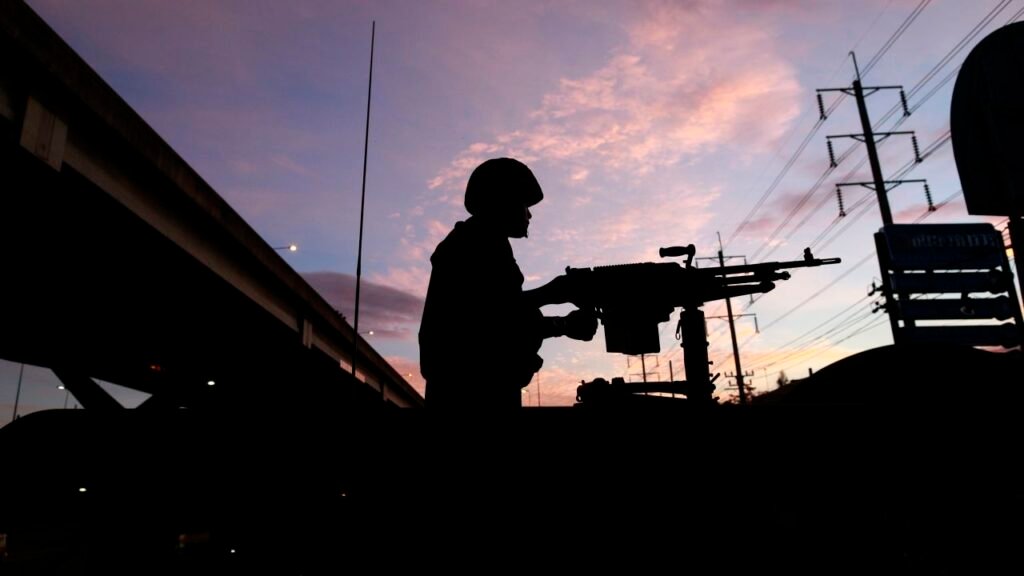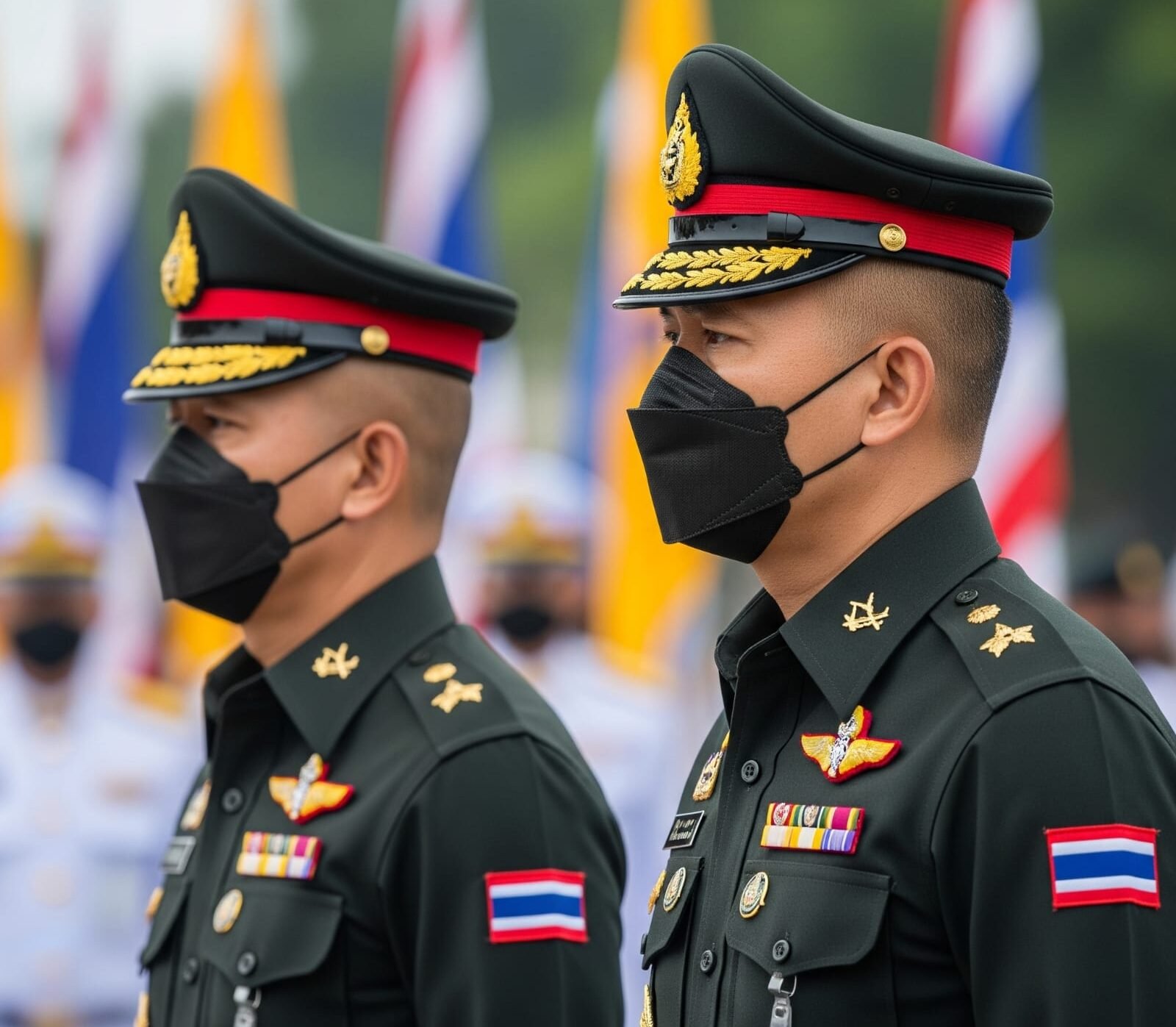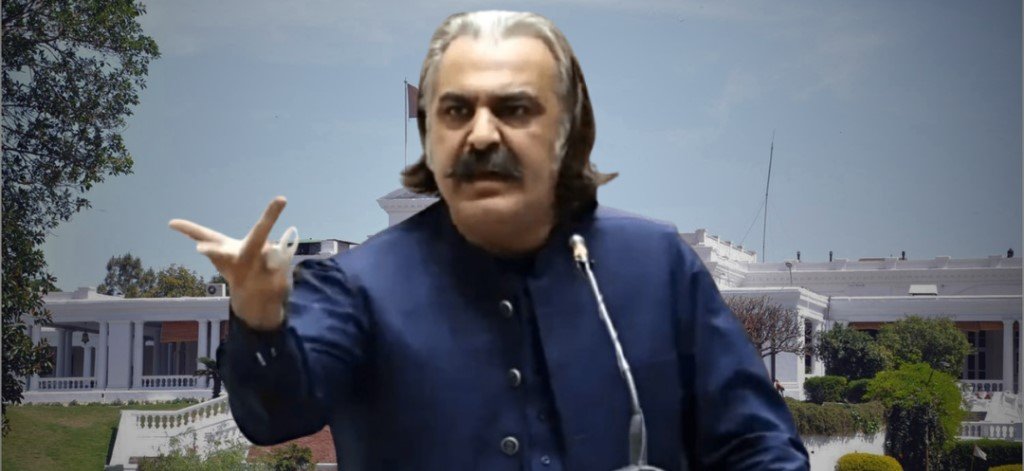Thailand Declares Martial Law Amid Rising Political and Social Tensions – What’s Really Happening?
In a dramatic move that has drawn both national and international attention, Thailand has officially declared martial law amid growing political unrest, mass protests, and fears of escalating violence. This decision marks a significant turning point in the country’s ongoing internal crisis, as the military steps in to “restore order and maintain national security” — a phrase that, while familiar in Thai politics, carries deep historical and emotional weight.
What Led to Martial Law?
Thailand has been facing intense political polarization for months, with large-scale protests erupting in Bangkok and other major cities. These protests were fueled by:
- Accusations of corruption and abuse of power by government officials.
- Demands for democratic reforms, particularly in the electoral system and monarchy.
- Rising inflation and economic hardship, especially among students, workers, and rural communities.
In recent weeks, tensions reached a boiling point as clashes between rival political groups turned violent. Several incidents involving injuries, damage to public property, and even fatalities pushed the situation into a state of near chaos.x
The military, long known as a powerful player in Thai politics, intervened early this morning by imposing martial law across the country. Tanks, armed vehicles, and troops were seen in various parts of Bangkok and other sensitive regions. Military checkpoints have been set up, and key government buildings, television stations, and major intersections are now under military control.
What Does Martial Law Mean for the People?
Martial law gives the Thai Armed Forces sweeping powers, including:
- Restricting freedom of assembly.
- Enforcing curfews in high-risk areas.
- Detaining individuals without warrants.
- Controlling the media and restricting press freedom.
- Banning political gatherings and protests.

For ordinary Thai citizens, this means life is suddenly filled with uncertainty and fear. Schools have been closed, public transportation is partially suspended, and businesses are bracing for potential economic losses. Travelers and tourists are being advised to stay indoors and avoid political hotspots.
While the military claims this move is “not a coup,” many locals and international observers are skeptical. Thailand has experienced numerous military coups in the past — the last one being in 2014 — and each time, it began under the pretext of martial law being used to “stabilize the nation.”
International Reactions
The international community has responded with concern and caution. Several foreign embassies have issued travel advisories for Thailand, urging their citizens to avoid non-essential travel and to remain vigilant. Human rights organizations have called on Thai authorities to ensure that civil liberties are not permanently stripped under the guise of national security.
What’s Next?
The path forward for Thailand remains uncertain. While martial law may provide temporary control, it raises deeper questions about the future of democracy in the country. Will this lead to genuine political reform, or is it another chapter in the cycle of military dominance?
For now, the people of Thailand are left to wait — and hope — that peace will be restored without further bloodshed or loss of freedoms.
In essence, Thailand’s declaration of martial law is a stark reminder of how fragile political stability can be in a nation struggling to balance tradition, reform, and popular demand for change.
READ NEXT



